Journal Boards
Editor-in-Chief
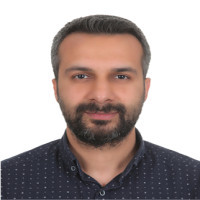




Associate Editors
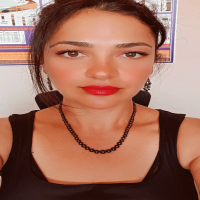
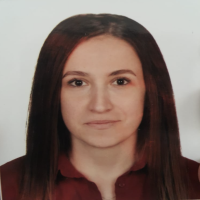

Advisory Board
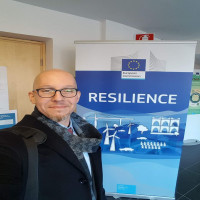
Dr. Himmet Karaman received a B.E. degree in Geodesy and Photogrammetry Engineering from the Istanbul Technical University, Turkey, in 2001, and the M.Sc. and Ph.D. degrees in Geomatics Engineering from the Istanbul Technical University, Institute of Science and Technology, Turkey, in 2003 and 2008, respectively. His Ph.D. thesis was about the development of HAZTURK software on earthquake loss assessment and decision support software. He was a research scholar at the University of Illinois at Urbana-Champaign between 2006 – 2007 at the Mid-America Earthquake Center. In 2009, he joined the Department of Geomatics Engineering, Faculty of Civil Engineering at Istanbul Technical University as an Assistant Professor, and in 2015 became an Associate Professor. He is a Full Professor since 2020 in the same institute.
Since December 2015, he has been the director of the GIS Lab of the Civil Engineering Faculty. He is also serving as vice department head of the Geomatics Engineering Department a member of the Earthquake Science Supreme Board of Istanbul Metropolitan Municipality and a consultant to the Istanbul Urban Transformation Master Plan, Istanbul Resilience and Emergency Access Roads projects. His current research interests include resilience, disaster management, geographic information science, decision-making, and earthquake engineering. Dr. Karaman is a Fellow of the Board of Scientific Dictionary of the Turkish Academy of Science and a member of the Disaster and Emergency Management Authority’s Earthquake Advisory Board since 2009. He has fifteen sci articles published in respected journals with a 10 h index. He has completed 5 projects as a consultant, 4 projects as a principal investigator, and 12 projects as a researcher within the scope of disaster management. He is currently advising 21 graduate students working on disaster management and resilience subjects and completed 3 Ph.D. and 11 M.Sc. thesis.
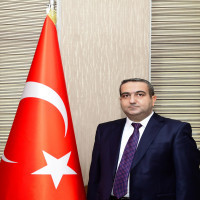
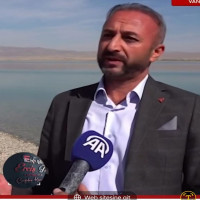
Editorial Board
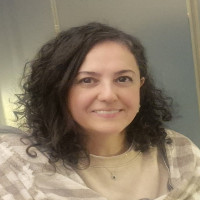

Assoc. Prof. Dr. Duygu Uysal was born in 1988 in Ankara. After completing her primary, secondary and high school education at TED Ankara College, she received her Bachelor's, Master's and Doctorate degrees from Gazi University in 2009, 2011 and 2016, respectively. She completed her post-doctoral studies at the University of Rostock, Germany in 2018. Currently, she works as a member of at Gazi University, Department of Chemical Engineering.
She worked as the assistant director at Gazi University Clean Energy Research and Application Center between 2020-2023. Since April 2022, she has been a board member of the Turkish Society of Thermal Sciences and Technology.
She has researches and publications on Carbon Dioxide Emission Prevention, Transport phenomena, Fluidized Beds, Gasification, Clean and Renewable Energy, Alternative Hydrogen Sources. She also has Turkish published books titled "Applied Exergy Analysis for Processes" and "Fluidized Beds", co-authored with Prof. Dr. Bekir Zühtü Uysal.
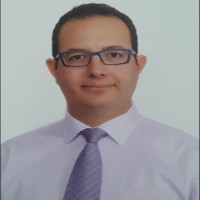
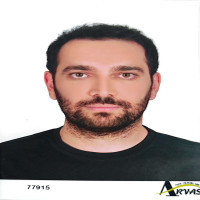
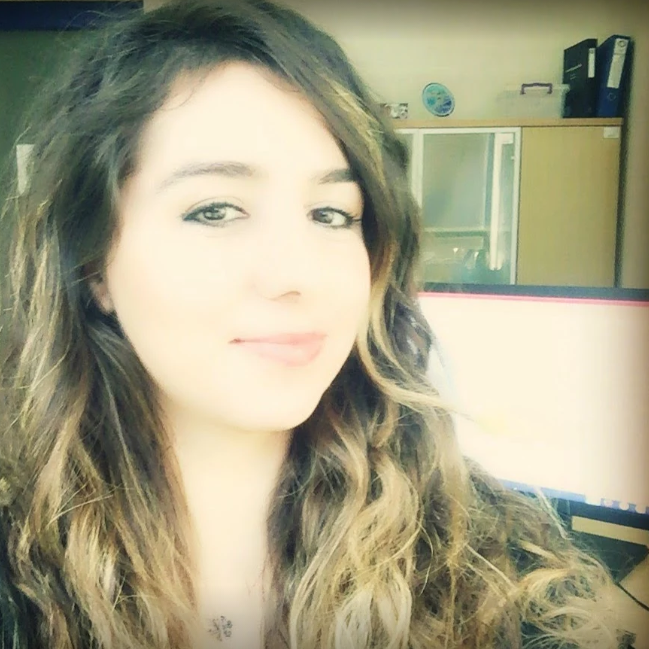
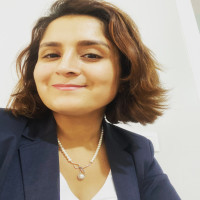
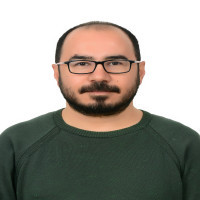
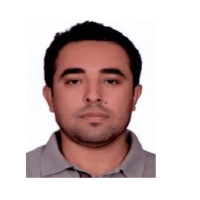
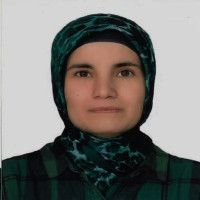


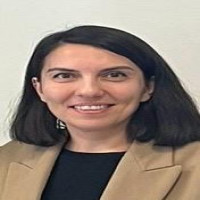
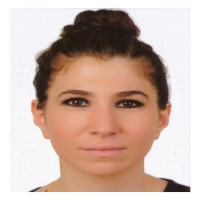
İstanbul Üniversitesi Mühendislik Fakültesi Maden Mühendisliği Bölümü'nden mezun oldu. İstanbul Teknik Üniversitesi Maden Mühendisliği Bölümü Cevher Hazırlama Anabilimdalı'nda yüksek lisans eğitimini tamamladı. 2011 yılından beri Araştırma Görevlisi olarak görev yaptığı Dicle Üniversitesi'nde Maden Mühendisliği Anabilimdalı'nda doktorasını tamamladı. Doktora sırasında Politecnico di Torino'da 5 ay süreyle tez öğrencisi olarak bulundu. Tubitak 2219 Doktora Sonrası Araştırma Bursu kapsamında 1 yıl süreyle Sapienza di Roma'da misafir araştırmacı olarak görev yaptı.
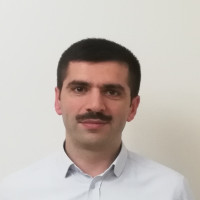
He was born in Bayburt in 1990. He completed his primary and secondary education in Bayburt. After graduating from Sivas Cumhuriyet University, Faculty of Engineering, Department of Mechanical Engineering in 2012, he started his master's degree at the same university in 2012 for an academic career. He completed his master's degree in 2015 and his doctorate in 2021 and returned to Dicle University, where he was appointed in 2015. He currently works as a faculty member in the Department of Construction and Manufacturing at this university.
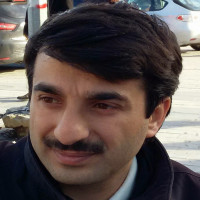
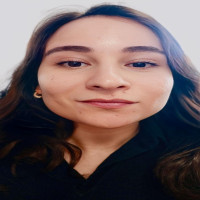
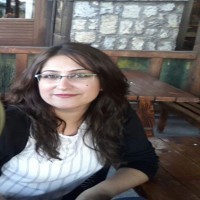

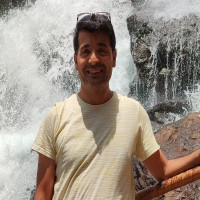
Doğan Çelik, 2013 yılında Çukurova Üniversitesi, Adana, Türkiye'den Elektrik ve Elektronik Mühendisliği lisans derecesini almıştır. 2016 yılında Yüzüncü Yıl Üniversitesi, Van, Türkiye Elektrik ve Elektronik Mühendisliği Bölümü’nde yüksek lisans eğitimini, 2020 yılında ise doktora eğitimini tamamlamıştır. Araştırma ilgi alanları arasında dağıtık üretim, yenilenebilir enerji sistemlerinin entegrasyonu, güç kalitesi, mikro şebekeler ve elektrikli araçlar bulunmaktadır.

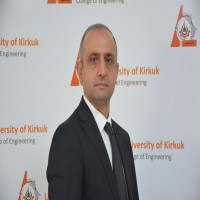
Currently works at the Department of Mechanical Engineering (Faculty of Engineering), Kirkuk University.
Ph.D. Professor (Associate) in Mechanical Engineering. (Ph.D. Selcuk University Konya, Turkey);
Msc mechanical Engineering in Gazi University-Ankara Turkey,
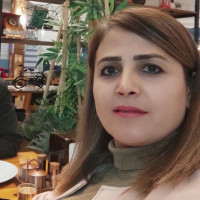

Dr. Özaslan is an Assistant Professor in the Department of Mechanical Engineering at Yıldırım Beyazıt University, Ankara, TURKEY.
Dr. Özaslan received dual B.S. degrees in mechanical engineering and computer science from Middle East Technical University (METU) in 2008. Dr. Özaslan is first in METU history to receive a dual degree in these two departments. He then moved to Bilkent University for graduate studies. He obtained a M.Sc. degree in computer science in 2011 under the supervision of Prof. Uluç Saranlı. He received his Ph.D. degree at University of Pennsylvania, GRASP Laboratories under the the supervision of Prof. Vijay Kumar and Prof. Camillo J. Taylor. In his thesis Dr. Özaslan focuses on state estimation, mapping and autonomous navigation of micro unmanned aerial vehicles. Upon completion of his Ph.D. degree, he worked at Motional, Boston as a research scientist for 2 years on high definition map building for autonomous driving vehicles.

Ahmed MOHAMMED received the B.Sc. degree in Software Engineering from Technical College Kirkuk, Iraq, in 2003, and the M.Sc. degree in Computer Engineering from Cankaya University, Ankara, Turkey, in 2015, and received the Ph.D. degree in Computer Engineering from National School of Electronics and Telecommunications of Sfax, University of Sfax, Tunis, in 2025. He is currently an Assistant Professor in the Computer Engineering at the University of Kirkuk, Iraq. His research interests include Machine Learning Algorithms, Intrusion Detection System, Unmanned Aerial Vehicle Information Security, Data and Information Privacy, Data Mining, and Deep Learning.
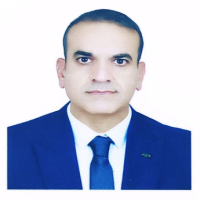



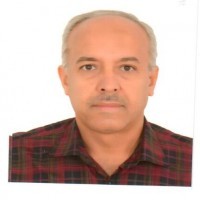
Language Editors

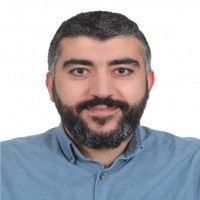
Lisansını Yüzüncü Yıl Üniversitesi İngiliz Dili ve Edebiyatı bölümünde, Yüksek Lisansını Van Yüzüncü Yıl Üniversitesi-Bingöl Üniversitesi ortak programında tamamladı. Doktora tezini Atatürk Üniversitesi Amerikan Edebiyatı alanında, Modern dönemin gazeteci edebiyatçıları üzerine hazırladı. Yoğunlukla Amerikan Edebiyatı alanında Amerikan Romanı üzerinde çalışmalar yapmaktadır. Ayrıca, Anadolu Üniversitesi Medya ve İletişim, Van YYÜ Turist Rehberliği ve Van YYÜ Radyo ve Televizyon Programcılığı önlisans bölümleri mezunudur.
Layout Editors
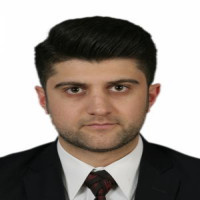
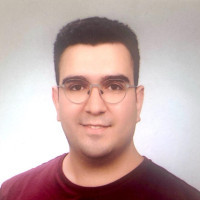
Technical Editor

Secretary
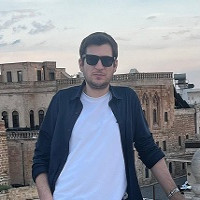
İshak Parlar, I graduated from Gazi University (Ankara, Turkey) Electrical and Electronics Engineering Department in 2012. After working in the telecommunication field for many years, I entered academia. I completed master degree and doctorate (PhD) education at Yüzüncü Yıl University. I am also a Research Assistant in the Department of Electrical and Electronics. I continue to work in areas such as analog electronics, digital electronics, memristor simulation, emulator design, oscillator design, op-amp design, matlab/Simulink applications, pSPICE, orCAD, Multisim circuit applications, filter applications, algorithm and optimization, video and audio encryption, PID, Sliding Mode Control and ECG, EEG and EMG signal processing applications, Arduino and FPGA applications.